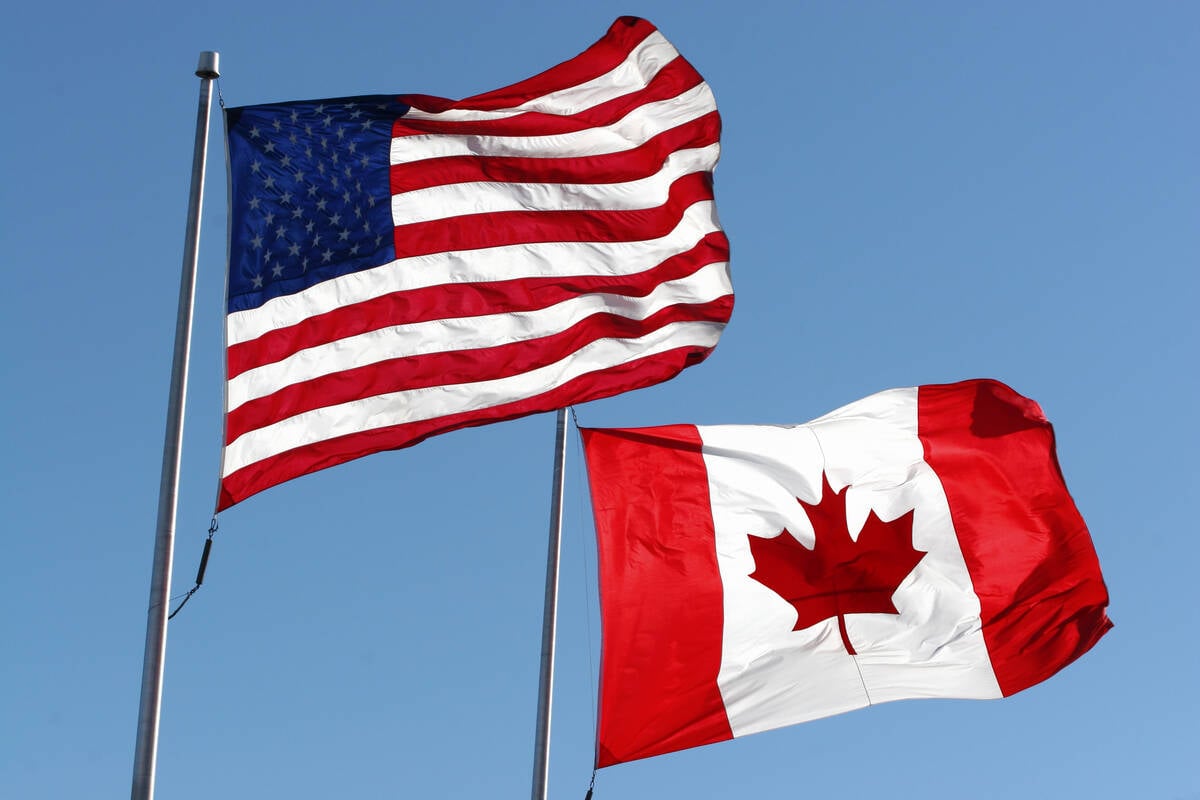Q:I just read about the people who won the $50 million lottery, a couple in northern Saskatchewan and someone in Newfoundland. Did these people have to reveal their identities to the public? Do they have to pay tax on the winnings? How do you know whose money it really is?
A:You pose three good questions, including how do you know whose money it really is.
The holder or bearer of the ticket gets to claim the money. I’ve heard of few claims of actual thefts of tickets over the years.
Read Also

Trump cuts off trade talks with Canada
UPDATED: October 24, 2025 – 0910 CST – Adds comments from Prime Minister Mark Carney. Reuters — U.S. President Donald…
However, it’s a good idea to print your name on the ticket as soon as you buy it. Then others would have trouble explaining why someone else’s name is on their ticket.
Disputes can happen when you have more than one person buying a ticket. An office pool, where everyone throws in money and several lottery tickets are purchased, is a source of such disagreements. Fights arise because there is no clear-cut agreement about what happens if your ticket is a winner. What if you were sick and didn’t go to work that day, but have put in your money every week for years? Can you still claim a share?
There are many cases on this issue across Canada, all essentially saying the same thing: if you want to make sure you get a share, get it in writing and have a clear arrangement. Lack of a clear arrangement means there is no contract or trust created, and such uncertainty gets resolved against the person claiming a share of the pot.
The key to success is a written agreement. You don’t need a lawyer to draft such a contract. It can be in informal language, but there should be some things that are covered.
List the names of every player in the group and how much everyone contributes toward the purchase of tickets. Indicate that any person who misses contributing for any reason will not receive a share of the winnings. Certainty and clarity are the keys to success.
Many lottery corporations offer a form of agreement to use. For example, the Western Canada Lottery Corporation website at www.wclc.com has its own form available for use by lottery players.
Lottery winnings are not taxable if they’re won and paid within Canada. However, some lotteries that provide for an annuity type of winning may attract some tax consequences.
The rules of these lotteries specifically state that you agree to take part in the lottery’s publicity as a condition of winning. That includes having your photograph taken and published. But if you’re worried about it, $25 million could buy a lot of plastic surgery.
Rick Danyliuk is a lawyer with McDougall Gauley LLP in Saskatoon.














